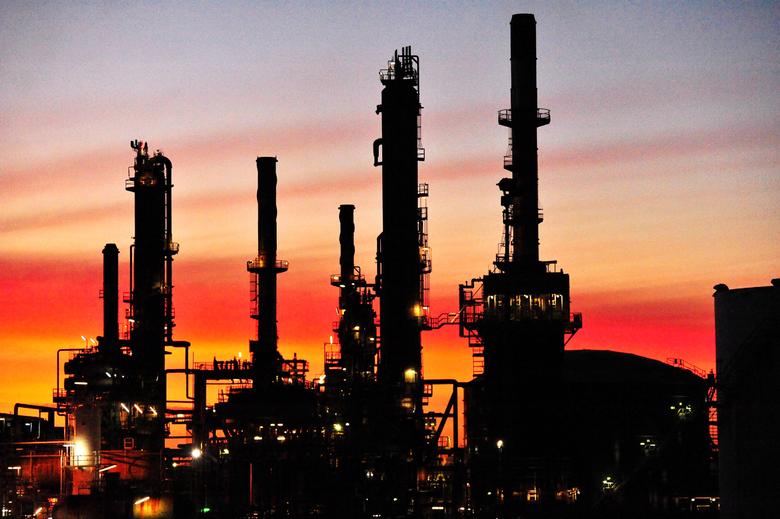
OPEC WILL NEED TO INCREASE

Opec, the oil producing cartel, will need to increase production significantly in the second half of the year in order to meet world demand, according to the west's energy watchdog.
While production gains of about 400,000 barrels a day in April have gone some way towards easing tight global markets, the International Energy Agency says a bigger increase will be needed in the second half of the year when consumption picks up after the northern hemisphere summer.
"In order to balance forecast demand, Opec countries would need to hike third quarter production by another 900,000 b/d from April levels," the agency said in its latest monthly report.
Production among Opec's 12 members bounced back from a five-month low in April, rising by 405,000 b/d to 29.9m, in part because of a rise in output from Saudi Arabia, Opec's de facto leader, and also a recovery in Iraqi output.
But the Paris-based organisation said it was not clear if Opec, which controls about a third of world oil production, would be able to step up in the second half of the year.
"While Opec has more than enough capacity to deliver, it remains to be seen whether it will manage to overcome the above the ground hurdles that have plagued some of its member countries recently."
A series of problems have hampered crude supply from Opec members. Sabotage continues to blight the Nigerian oil industry, while Angola has seen a sharp drop in output because of technical problems. On top of that, Libya has struggled to restore output following protests that closed several key oilfield and ports.
At the same time, non-Opec production has also disappointed because of political turmoil in countries such as South Sudan and Colombia and continued delays at Kashagan, the vast offshore field in Kazakhstan.
As a result of these problems, the IEA has cut its estimate for non-Opec supply growth by 100,000 b/d to 1.5m b/d.
Brent, the international oil maker, has traded in a narrow range this year, averaging $108 a barrel as the diplomatic crisis over Ukraine and continued disruptions to Opec and non-Opec supplies have offset slowing growth in emerging markets such as China.
The IEA said a surge in China imports in April, which was not matched by a commensurate rise in demand, suggested the world's second-biggest oil consumer was adding to its strategic reserves. It said the stockpiling could provide a further prop to prices and tighten global oil stocks.
Although inventories of crude and refined oil products in developed nations rose in April, they remain at a "wide" deficit to their five-year average and "tight by historical standards", the report said.
Analysts expect China to add more than 40m barrels to its strategic oil reserves in the first half of 2014.
ft.com





